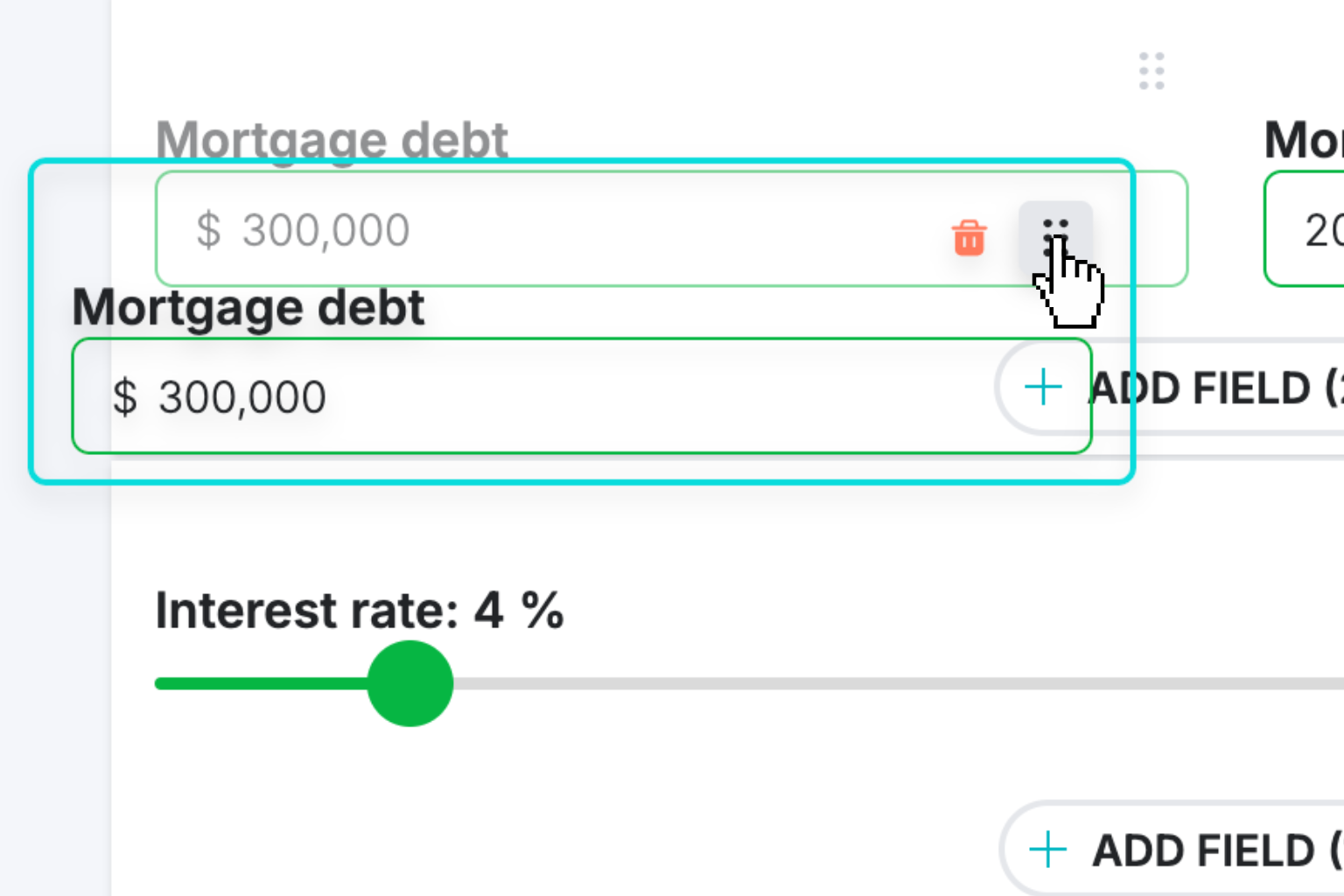Freight Cost Per Unit Calculator
Quickly calculate your freight cost per unit to optimize shipping expenses and make better pricing decisions.How Freight Cost Per Unit Calculator Works
This calculator helps you determine exactly how much you're spending on freight for each individual unit you ship. By dividing your total freight costs by the number of units in your shipment, you get a clear picture of your per-unit shipping expenses.
Understanding your freight cost per unit is crucial for making informed business decisions about pricing, shipping methods, and order quantities. It's particularly useful when comparing different carriers, evaluating bulk shipping opportunities, or setting product prices that account for shipping costs.
The calculation works for any type of freight—whether you're shipping via LTL (less than truckload), FTL (full truckload), air freight, or ocean cargo. Simply gather your total freight invoice amount and divide by the number of units shipped to get your cost per unit.
Freight Cost Per Unit Calculator Formula Breakdown
Formula
Freight cost per unit = Total freight cost ÷ Total number of unitsVariables Explained
- Total freight costThe complete cost of your freight shipment including base shipping rates, fuel surcharges, accessorial charges (like liftgate service or residential delivery), and any other fees listed on your freight invoice. This should be the final amount you pay to the carrier.
- Total number of unitsThe total quantity of individual items being shipped in this particular freight shipment. Count each piece, box, or item separately—for example, if you're shipping 10 boxes with 5 items each, your unit count would be 50 units.
Example Calculation
Given:
- Total freight cost: $2,000
- Total number of units: 20 units
Calculation:
Freight cost per unit = $2,000 ÷ 20 units
Freight cost per unit = $100.00 per unitResult:
$100.00 per unitExplanation
This example shows a company shipping 20 units at a total freight cost of $2,000, resulting in a freight cost of $100 per unit. This information helps them understand their shipping economics and make decisions about minimum order quantities or pricing strategies.
Tips for Using Freight Cost Per Unit Calculator
- 💡Include all freight-related charges in your total cost calculation, not just the base rate—fuel surcharges, accessorial fees, and insurance can add 20-30% to your final bill.
- 💡Track this metric over time to identify seasonal patterns and negotiate better rates with carriers when your volumes increase.
- 💡Compare freight cost per unit across different carriers and shipping methods to find the most cost-effective option for your business needs.
Make Your Own Web Calculator in 3 Simple Steps
Create Interactive Calculator
Design your interactive calculator in under 5 minutes using our drag-and-drop builder.Preview & Generate Embed Code
Review your calculator and copy the embed script when you're satisfied with the results.Embed Calculator Into Your Website
Paste the code into your website's HTML. Works on WordPress, Shopify, Wix, and any platform. EugenCreator of Creative Widgets
EugenCreator of Creative Widgets“After 10+ years in digital marketing, I’ve built calculators that drove thousands of new leads for clients. I realized one thing: calculators convert. They're killer for CRO and great for SEO. That's why I built Creative Widgets—an easy, no-code calculator builder. ”
It's free. Try it out. You'll like it.




